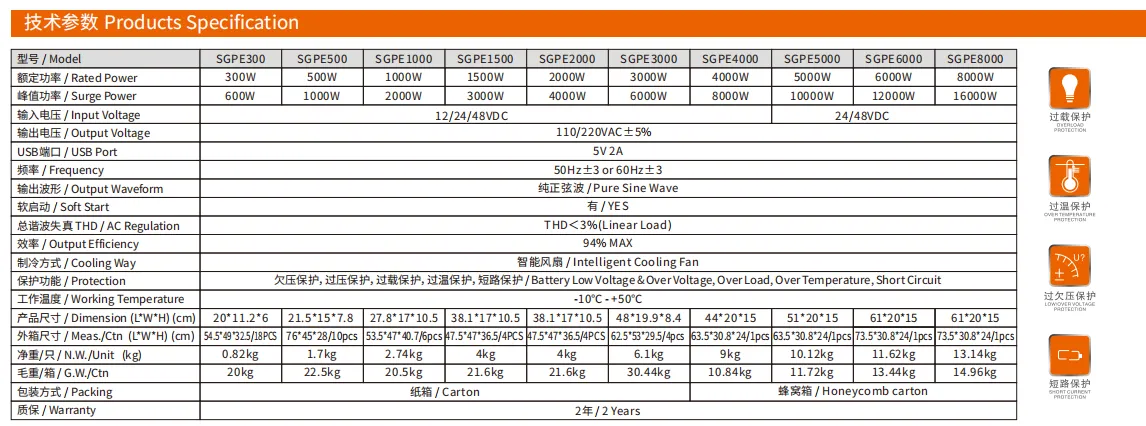How Heat Affects Solar Panel Efficiency
The Impact of Heat on Solar Panel Efficiency
Solar panels, known for their ability to convert sunlight into electricity, play a crucial role in the transition to renewable energy. However, one significant factor influencing their performance is temperature. While it may seem intuitive that more sunlight equates to more energy production, the relationship is more complex, especially regarding temperature and efficiency.
The efficiency of solar panels is often expressed as a percentage, indicating how much sunlight is converted into usable electricity. On average, solar panels operate most efficiently at temperatures between 15°C and 25°C (59°F to 77°F). Beyond this optimal range, performance can begin to decline. For every degree Celsius increase in temperature, solar panels can lose approximately 0.5% of their efficiency. This characteristic is particularly critical for regions experiencing high temperatures or intense solar irradiation.
The Impact of Heat on Solar Panel Efficiency
To mitigate efficiency loss due to heat, several strategies can be employed. First, proper installation plays a key role. Elevating solar panels above the roof surface can improve airflow, allowing for better cooling. Additionally, using mounting systems that facilitate air circulation around the panels can help dissipate heat effectively. It’s also beneficial to align solar panels in a way that minimizes exposure to the midday sun, which is often the hottest part of the day.
solar panels lose efficiency heat

Another approach to tackling high temperatures is the development of more heat-resistant solar technologies. Researchers are continuously exploring new materials and designs aimed at enhancing thermal performance. For instance, bifacial solar panels can capture sunlight on both sides, potentially leading to higher energy yields even under less-than-ideal conditions. Moreover, incorporating solar tracking systems can optimize the angle of the panels throughout the day, ensuring that they capture the maximum amount of sunlight, even in the heat.
In addition to design strategies, energy efficiency can be improved through system monitoring. Utilizing monitoring technologies allows for real-time analysis of performance, enabling users to identify when panels are underperforming and take action, whether addressing shading issues or examining system health.
Lastly, while the efficiency loss due to heat is a legitimate concern, the overall environmental benefits of solar energy systems far outweigh the downsides associated with extreme temperatures. Transitioning to solar energy not only supports the reduction of greenhouse gas emissions but also promotes energy independence and sustainability.
In conclusion, understanding how heat affects solar panel efficiency is essential for maximizing energy production, especially in regions where high temperatures are prevalent. By implementing proper installation practices, exploring advanced technologies, and employing effective monitoring strategies, we can enhance the performance of solar energy systems, ensuring that they remain a pivotal part of the global energy landscape. Ultimately, despite the challenges presented by heat, the future of solar energy remains bright.
-
String Solar Inverter: The High-Efficiency Solution for Smart Solar EnergyNewsJul.14,2025
-
Revolutionizing Rooftop Energy with the Power of the Micro Solar InverterNewsJul.14,2025
-
Power Independence with Smart Off Grid Solar Inverter SolutionsNewsJul.14,2025
-
On Grid Solar Inverter: Powering the Future with Smart Grid IntegrationNewsJul.14,2025
-
Monocrystalline Solar Panels: High-Efficiency Power for the Future of Clean EnergyNewsJul.14,2025
-
Bifacial Solar Panel: A Smarter Investment for Next-Generation Energy SystemsNewsJul.14,2025







